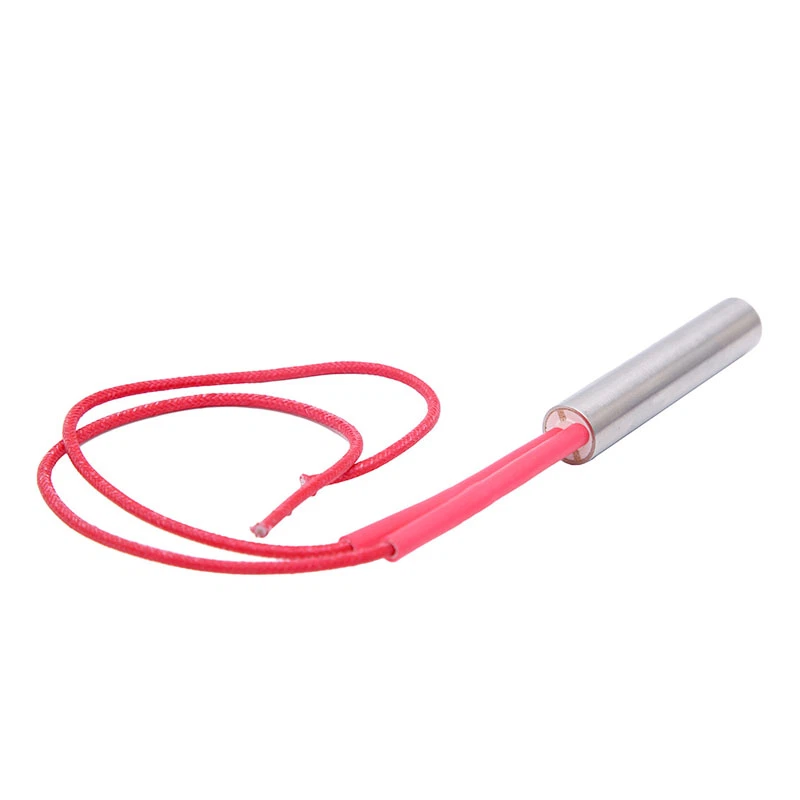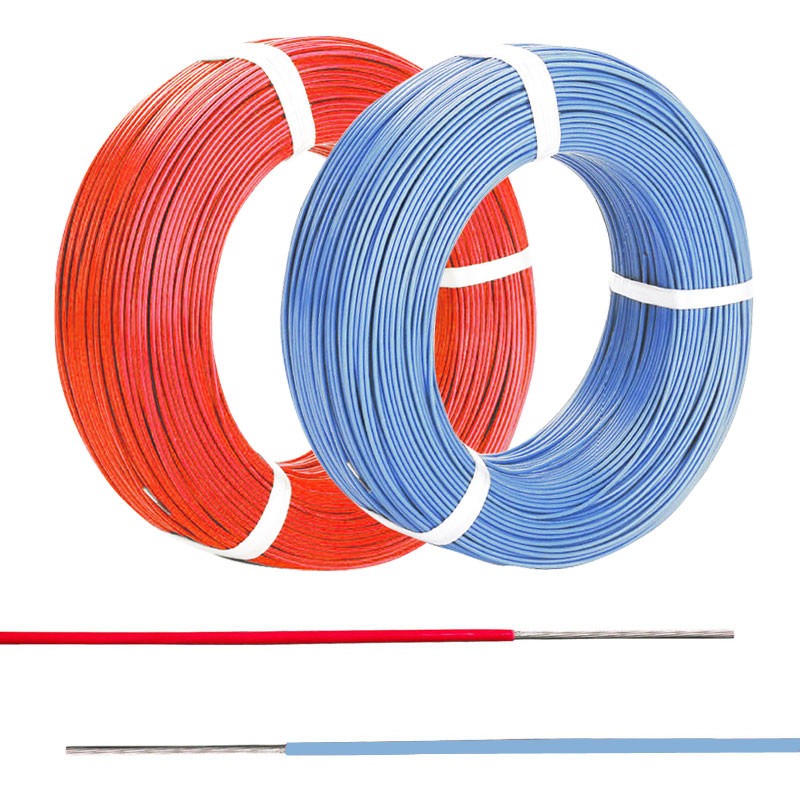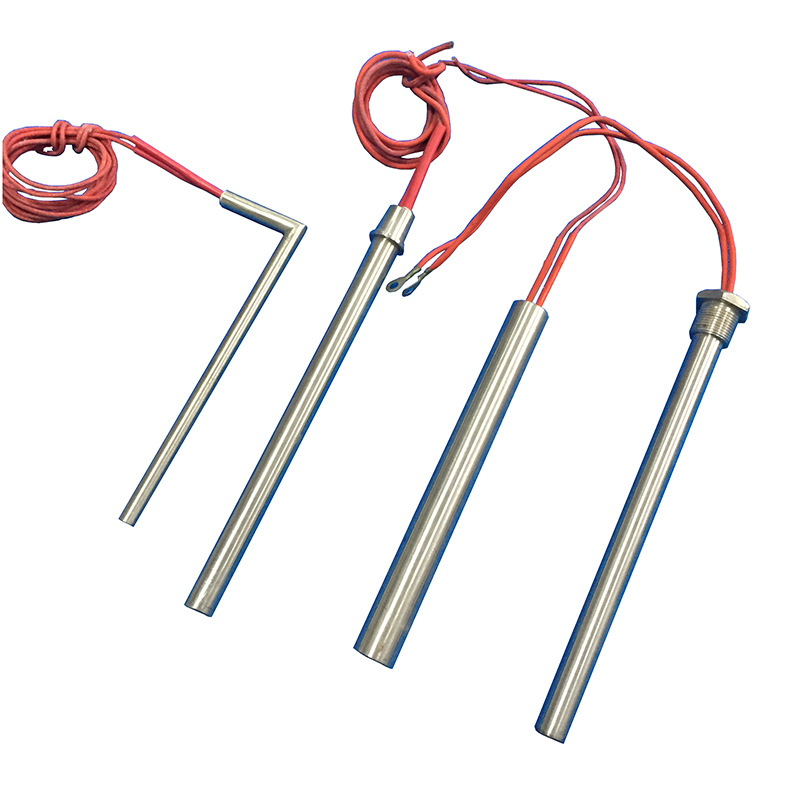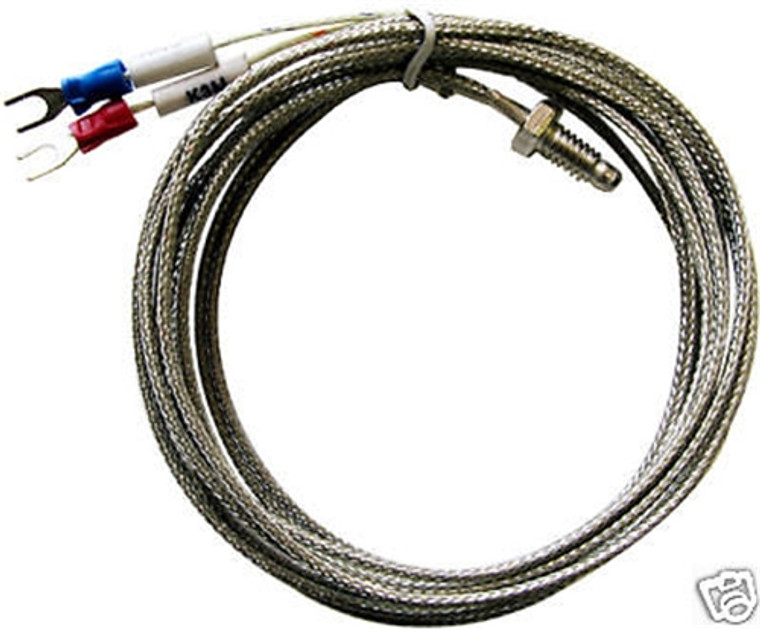Temperature is the heartbeat of almost every industrial process. Whether you’re melting steel, baking bread, or generating electricity, one small fluctuation can change everything. That’s where thermocouples step in as silent guardians of accuracy. And behind every reliable temperature sensor stands a dependable thermocouple manufacturer.
Think of a thermocouple manufacturer as the architect behind precision. They design, test, and produce sensors that must survive punishing heat, freezing cold, pressure, vibration, and corrosive environments without missing a beat. In this in-depth guide, we’ll walk through everything you need to know about thermocouple manufacturers, their processes, products, challenges, and why choosing the right one is crucial for your business.
Introduction to Thermocouples
What Is a Thermocouple?
A thermocouple is a temperature sensor made by joining two dissimilar metal wires at one end. When that junction experiences heat, it generates a small voltage. That voltage corresponds directly to temperature. Simple? Yes. Powerful? Absolutely.
It’s like a thermometer for harsh industrial worlds where glass thermometers would give up instantly.
How Thermocouples Work
The secret sauce is the See beck effect. When two different metals are joined and exposed to temperature differences, electrons get excited and start moving. This movement creates a measurable voltage. The thermocouple manufacturer calibrates this voltage to match temperature charts with extreme accuracy.
Importance of a Reliable Thermocouple Manufacturer
Accuracy and Safety
In industries like oil & gas or chemical processing, temperature errors aren’t just expensive—they’re dangerous. A trusted thermocouple manufacturer ensures precise readings, reducing the risk of explosions, equipment failure, and product defects.
Long-Term Performance
Cheap thermocouples behave like cheap shoes they fail when you need them most. A reputable manufacturer uses premium alloys, advanced welding, and strict testing to ensure long operational life even in brutal conditions.
Types of Thermocouples Manufactured Today
Different applications demand different thermocouples. Here’s a breakdown of the most common types produced by manufacturers worldwide:
Type K Thermocouple
The most popular type. Wide temperature range, excellent durability, and affordable pricing. Ideal for furnaces, kilns, and general industrial use.
Type J Thermocouple
Perfect for low-to-medium temperatures. Common in plastic, packaging, and food industries.
Type T Thermocouple
Highly accurate at low temperatures. Frequently used in laboratories and cryogenic applications.
Type N Thermocouple
Designed for stability in high-temperature and oxidizing environments. A modern alternative to Type K.
Type R, S, and B Thermocouples
These are the royalty of thermocouples—made with platinum. They handle extreme heat in steel plants, glass furnaces, and aerospace testing.
Industries That Rely on Thermocouple Manufacturers
Manufacturing and Automation
From CNC machines to injection molding, temperature feedback controls quality and consistency.
Oil and Gas Industry
Drilling operations and refineries operate at extreme conditions. Thermocouples ensure safe and efficient output.
Power Generation
Boilers, turbines, and reactors use thermocouples to keep everything within safe temperature limits.
Food Processing
Cooking, freezing, pasteurization every step must meet strict temperature controls.
Medical and Laboratories
Precision is everything. Even a 1-degree error can destroy an experiment.
Key Materials Used in Thermocouple Manufacturing
Nickel-Based Alloys
Used in Type K, J, and N thermocouples. Strong, corrosion-resistant, and heat-tolerant.
Platinum and Noble Metals
Used in Type R, S, and B. Extremely accurate but costly.
Insulation and Sheathing Materials
Ceramic, fiberglass, PTFE, and stainless steel protect thermocouples from harsh environments.
Manufacturing Process of Thermocouples
Raw Material Selection
Everything begins with precise alloy composition. A tiny impurity can destroy accuracy.
Wire Drawing and Welding
Ultra-thin wires are drawn and welded at micro-level precision.
Insulation and Sheathing
Protective layers make the thermocouple resistant to pressure, moisture, and chemicals.
Calibration and Testing
Every thermocouple is tested against known temperature points to ensure exact readings.
Custom vs Standard Thermocouples
When to Choose Standard Models
Standard models are cost-effective and perfect for general-purpose applications.
Benefits of Custom-Built Thermocouples
Custom sizes, special insulation, rare alloys custom thermocouples are built exactly for your environment.
Quality Standards Followed by Professional Thermocouple Manufacturers
ISO Certification
Guarantees manufacturing quality, traceability, and consistency.
ASTM and IEC Standards
Ensure global compatibility and safety performance.
Role of Calibration in Thermocouple Manufacturing
Why Calibration Matters
Without calibration, a thermocouple is just two wires pretending to be a sensor.
In-House vs Third-Party Calibration
Top manufacturers maintain in-house calibration labs for faster turnaround and better-quality control.
Common Applications of Thermocouples
Furnaces and Kilns
Extreme heat requires rugged and stable sensors.
HVAC Systems
Thermocouples regulate building temperatures and energy efficiency.
Chemical Processing
Accurate temperature prevents dangerous reactions.
Automotive Sector
Used in engines, exhaust systems, and battery management.
Challenges Faced by Thermocouple Manufacturers
High-Temperature Stability
At 1200°C and above, even metals begin to misbehave.
Signal Interference
Electrical noise can distort small voltage signals.
Harsh Environment Performance
Moisture, corrosive gases, vibration everything works against the sensor.
How to Choose the Best Thermocouple Manufacturer
Experience and Expertise
Years in the industry mean fewer mistakes and better consistency.
Customization Capabilities
Not every application fits standard models.
Testing and Certification
Ask for test reports. Real manufacturers love paperwork.
After-Sales Support
The relationship shouldn’t end at delivery.
Global Thermocouple Manufacturing Market Overview
Market Growth Trends
Smart factories and automation are fueling rapid growth.
Emerging Technologies
Wireless sensors, AI-driven monitoring, and real-time cloud data.
Importance of R&D in Thermocouple Manufacturing
Innovation in Material
New alloys improve lifespan and accuracy.
Smart Temperature Sensors
Self-diagnosing thermocouples are becoming a reality.
OEM and Bulk Thermocouple Manufacturing
Benefits for Large Industries
Lower costs, dedicated production lines, and uniform quality.
Cost Optimization
Bulk ordering slashes per-unit price without sacrificing quality.
Environmental and Safety Compliance in Thermocouple Production
RoHS and REACH Compliance
Protecting users and the environment simultaneously.
Eco-Friendly Manufacturing
Recycling metals and reducing production waste.
Future of Thermocouple Manufacturing Industry
AI and Automation Integration
Smart factories powered by robotics and predictive maintenance.
Wireless Temperature Sensing
No wires, instant monitoring, remote diagnostics.
Conclusion
A thermocouple may look like a simple sensor, but behind its performance lies the expertise of a professional thermocouple manufacturer. From raw material selection to precision welding, from calibration to environmental testing, each step determines how accurately and reliably temperature is measured. As industries grow smarter and more automated, the demand for high-quality thermocouples will only intensify. Choosing the right manufacturer today means securing safety, efficiency, and performance for years to come.
FAQs
Q1: What is the lifespan of a thermocouple?
It depends on usage, environment, and material, but high-quality thermocouples can last several years.
Q2: Can thermocouples work in corrosive environments?
Yes, with proper sheathing and insulation materials like Inconel or ceramic.
Q3: Which thermocouple type is the most commonly used?
Type K is the most widely used due to its wide temperature range and affordability.
Q4: Do thermocouples require regular calibration?
Yes, regular calibration ensures long-term accuracy and measurement reliability.
Q5: Can thermocouples be customized for specific machines?
Absolutely. Many manufacturers specialize in fully customized thermocouple solutions.














